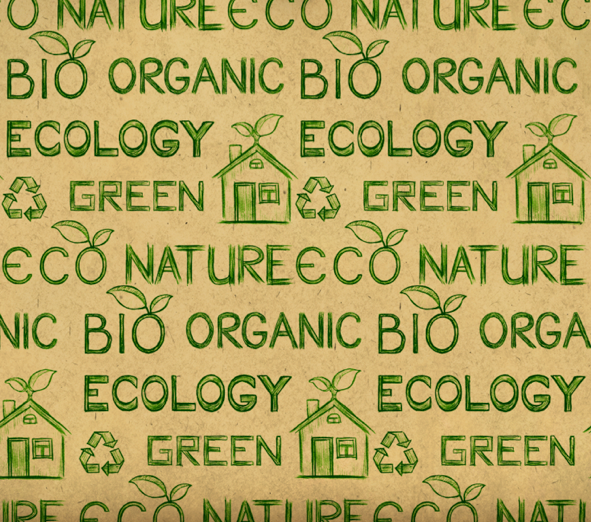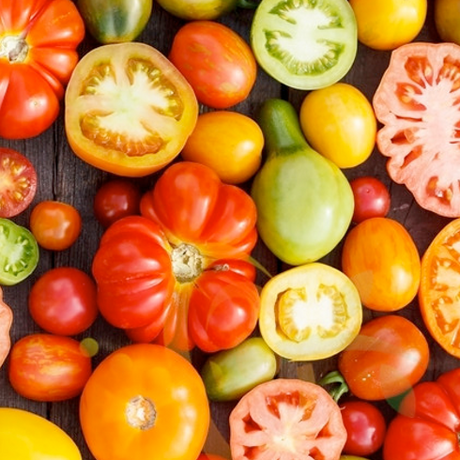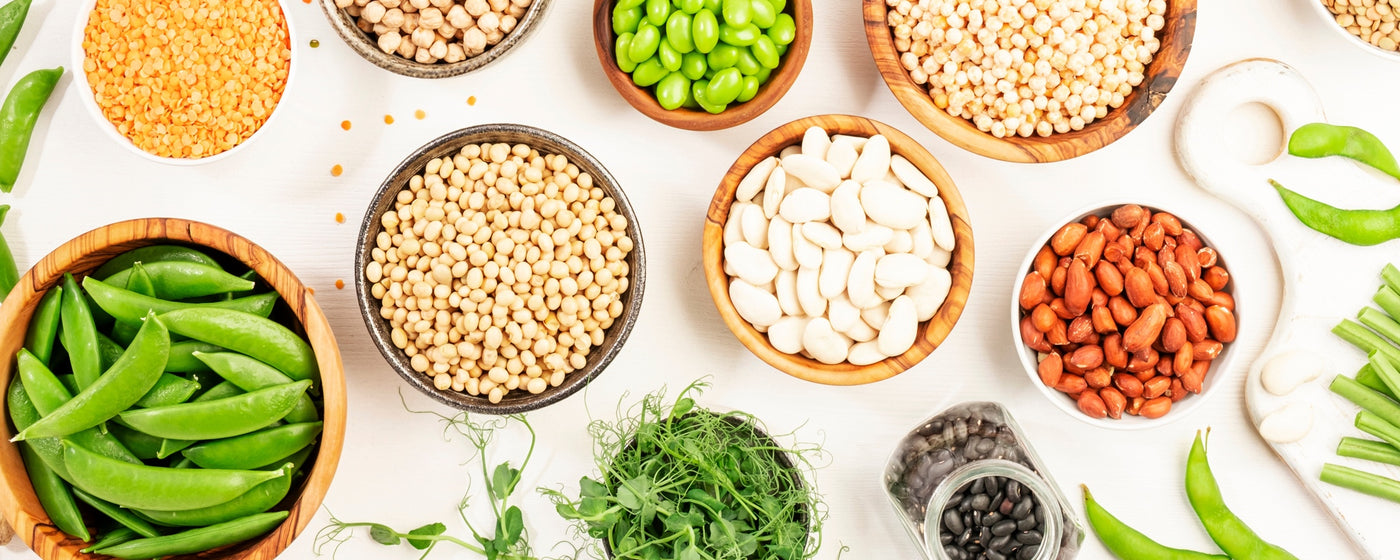
Much of the damage to the environment caused by “conventional” production methods results from growing large, continuous areas of the same crop. Backyard gardeners who grow only a few plants of many different kinds often have few pest problems without doing anything at all. Those backyard gardeners who use lots of pesticides are those who unwilling to pull weeds, have a low tolerance for cosmetic damage to their vegetables and fruits, or otherwise seek a great deal of control over what grows and what does not. If you are willing to pull weeds (or use non-chemical tools to prevent their growth), are willing to tolerate some cosmetic damage to your produce, and are willing to accept that in any given year some crops may not do well, you have the attitudes needed to get along just fine as an organic gardener.
Why else garden organically? Well, there’s no question that many of the compounds used in conventional agriculture are poisons. If you don’t have these poisons around and don’t use them in your garden, you and your children, neighbors, and pets will not be touching, inhaling, or consuming them (at least not on the foods you grow yourself). You will also not be contributing to the total environmental load of these compounds.
If you use organic soil amendments such as compost, fertilize with organically approved fertilizers, and generally pay attention to your soil, you may also end up with “better” soil than that of many conventional gardeners. Good soil has many earthworms and other organisms in it, is loose, is easy to dig in, is easy for your plants’ roots to grow through, and is able to hold large amounts of water and nutrients and make them available to your plants.
Conventional gardening and farming methods can be very harmful to the soil.
It should be emphasized that the use of organic methods DOES NOT automatically make a gardener or farmer a better steward of the environment than a conventional gardener or farmer. There are conventional farmers and gardeners who do an excellent job of caring for their soil and plants and who use pesticides as little as possible. At the same time, there are organic farmers and gardeners who do a terrible job of caring for their soil and plants and who shouldn’t be allowed to grow house plants, let alone food. It is not the intention of this book to dissect the relative merits of organic and conventional production, but only to provide guidance in basic, sustainable organic gardening.
← GO BACK TO GROW GUIDES









































